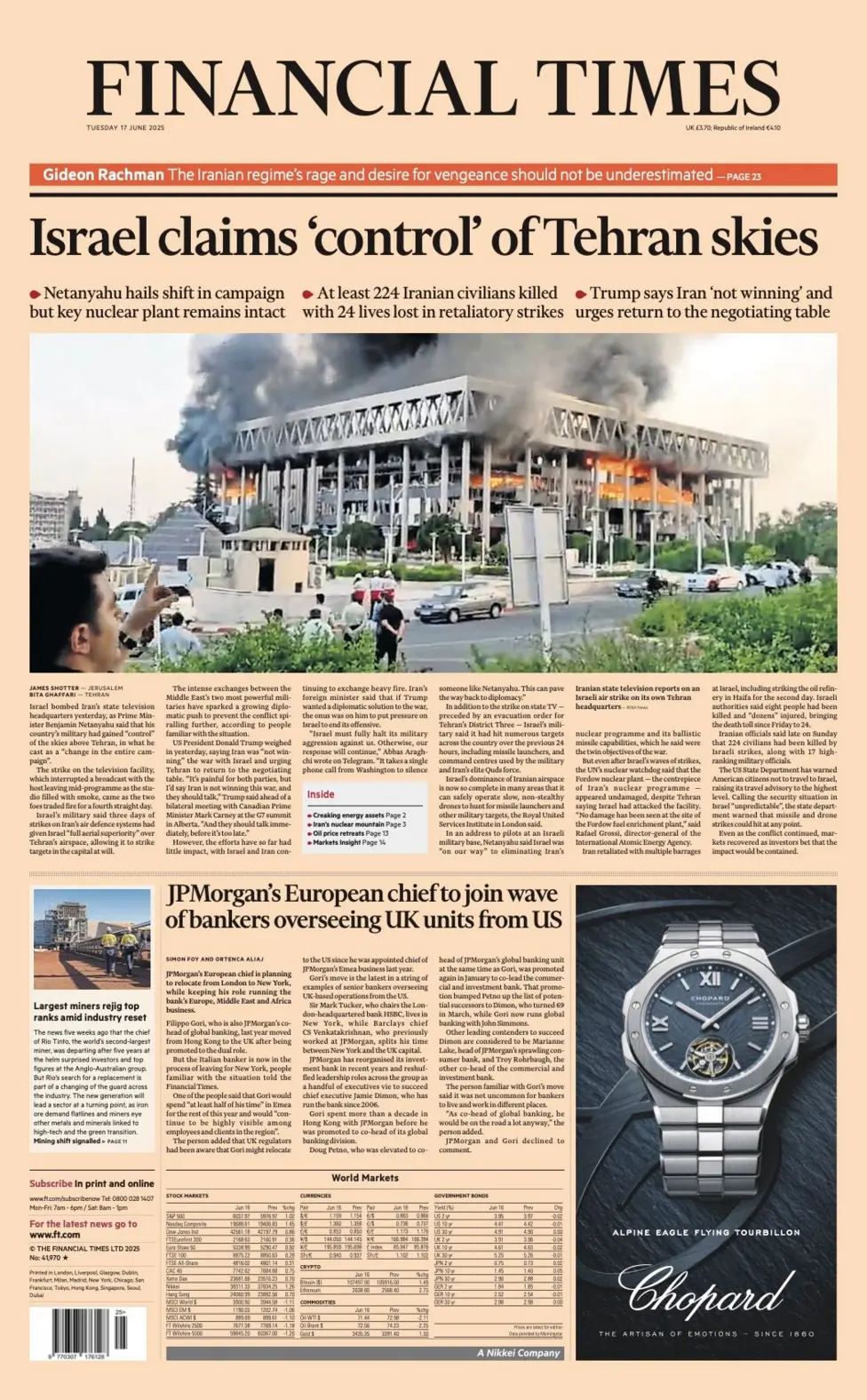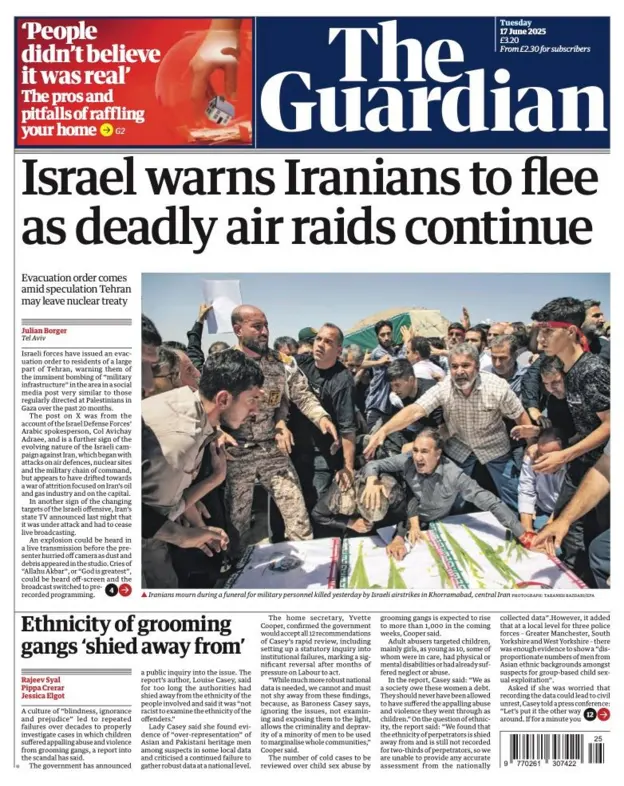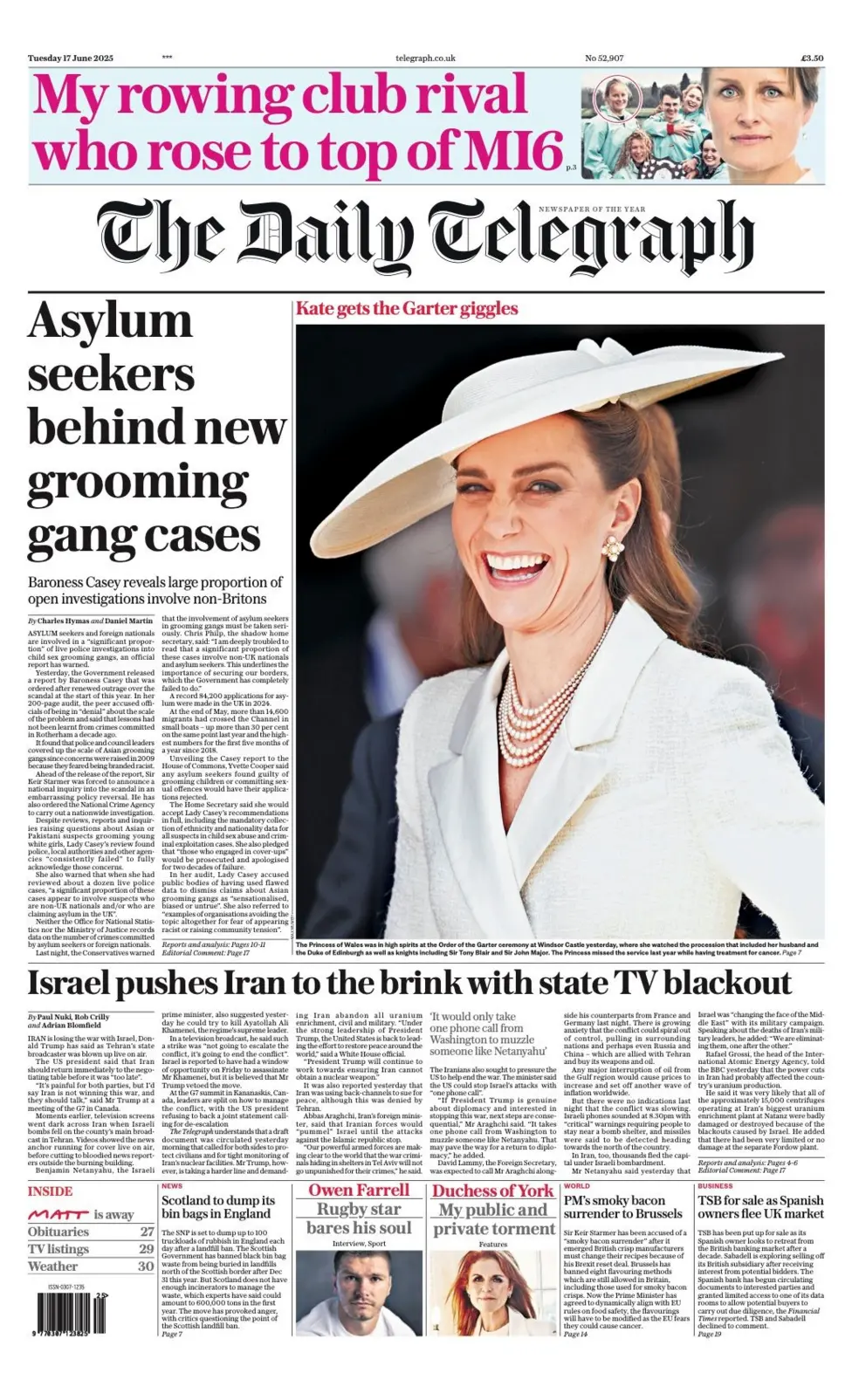Latest News
- Arsenal star told to leave club after Mikel Arteta decision
- Poland’s Foreign Minister Accuses Hungary of Blocking EU Support for Ukraine
- Former F1 driver arrested in international raid
- UK Firms Brace for Uncertain Future Amid Rising US Tariffs
- Students filmed using fireworks to blow up lamb in shocking incident | News UK
- Close friends and sisters among nine skiers who died in California avalanche
- Peter Mandelson Arrested on Misconduct Charges: Latest Updates and Reactions
- Hungary vetoes €90 billion loan for Ukraine, prompting strong EU rebukes





